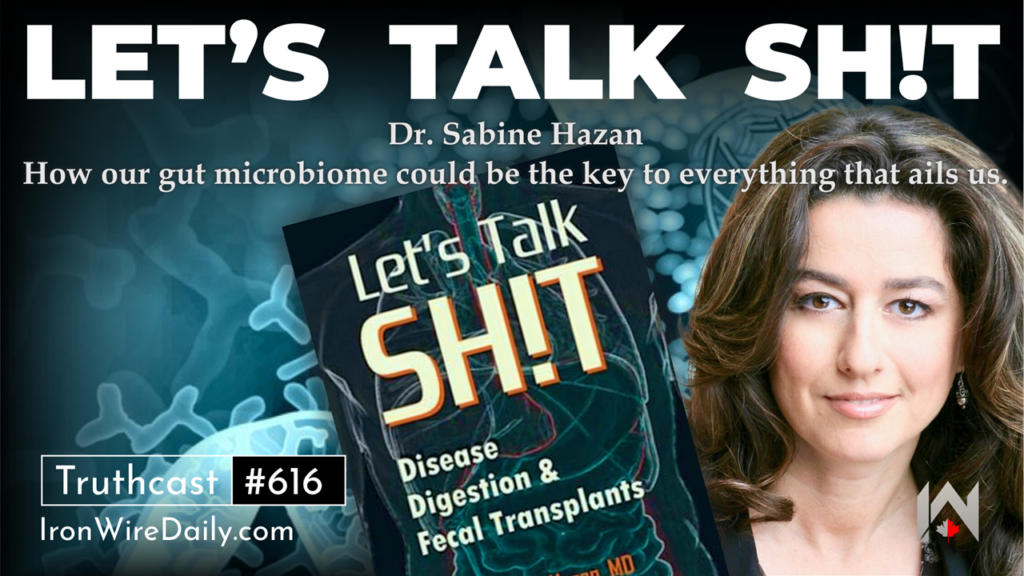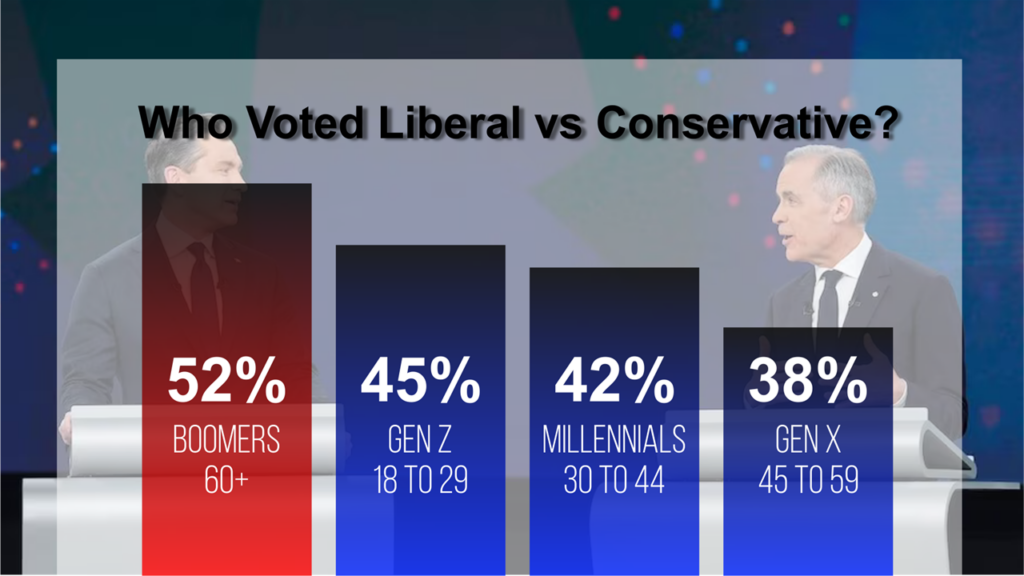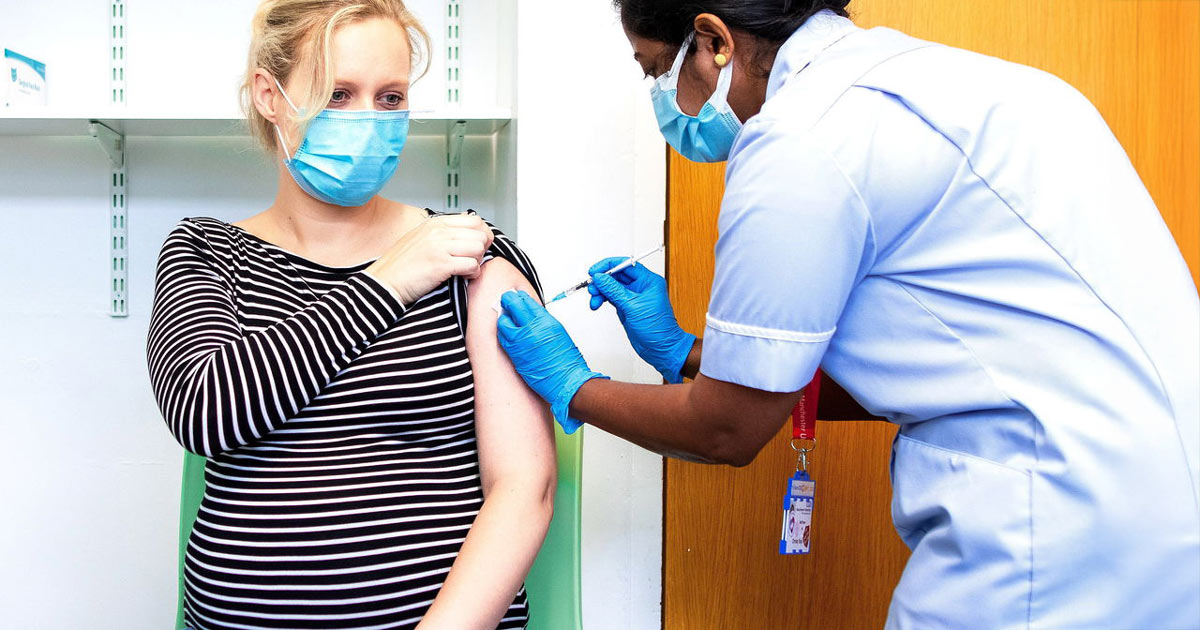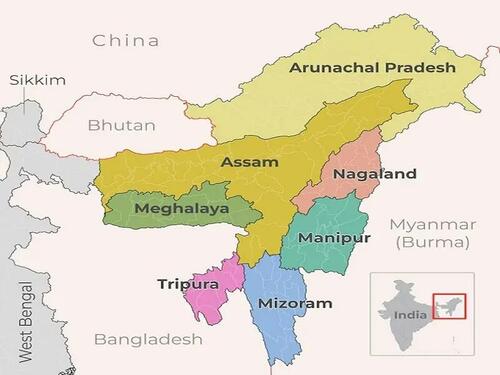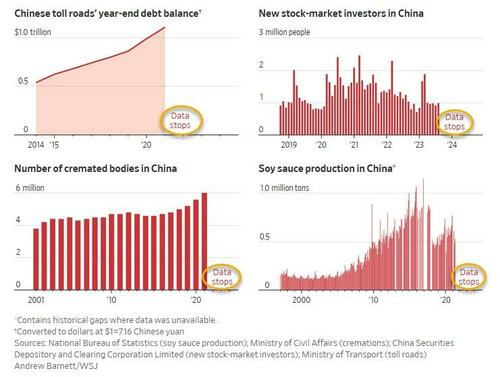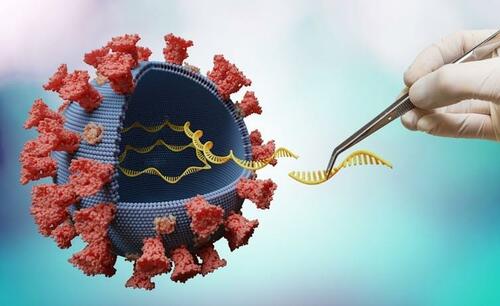Will Dove 00:00
Type Two Diabetes is one of the most common ailments in our society. More than one in every 10 adults has type two diabetes. Almost 30% of people over 65 have diabetes, and it's even becoming common in children. If you are diagnosed with diabetes, your doctor will tell you that you will need to take insulin for the rest of your life. Your doctor is wrong. My guest today is Dr. Paul Marik, the co founder, chairman and chief scientific officer of the Frontline COVID Critical Care Alliance based in Washington, DC. Dr. Marik is an accomplished physician with expertise in a diverse set of medical fields with specific training in internal medicine, critical care, neurocritical, care, pharmacology, anesthesia, nutrition, and tropical medicine and hygiene. Dr. Marik was diagnosed with type two diabetes in his early 40s. And was put on medication to control his blood sugar until he discovered what medical colleges are not telling doctors, and what the pharmaceutical industry doesn't want you to know. Recently, Paul changed his diet and eating habits. Today, he is on zero medications. And his blood sugar levels are returning to normal at the age of 64, after more than 20 years as a diabetic. Now, I want to talk now about what you did specifically in your diet that has fixed this, please tell us what changes you made and what was the roughly the time period that it took to see the effects?
Dr. Marik 01:42
There were two things that were coupled. The first thing was this time based feeding. So when I was doing and it's standard amongst, you know, Western people is eating all the time, snacking all the time. You know, we're told to have multiple small meals a day. And actually that's completely and totally unphysiologic, you know. Early man would eat one meal a day and so eating over time, what it does is it stimulates insulin release all the time, it causes your blood sugar to spike all the time, it causes insulin resistance. So what I did was time restricted eating. What I did initially was eat between, you know, 12 noon and 4 or 5 in the afternoon, maybe your having two meals a day. And then the rest of the time you do not eat obviously, you can still drink what you want to take fluids, coffee is fine. So the first thing I did was time restricted eating and the other thing is not to eat right before you go to bed, it's probably the worst thing you could do numerous health benefits of time based feeding or time restricted in terms of glucose control, metabolic control, in terms of release of what's important emphasizes this is not starvation, there's a big distinction between somebody starving and doing time restricted eating, they really have the opposite metabolic effects. So what happens if you starve is your basal metabolic rate goes down to compensate. And therefore if you eat less, your basal metabolic rate goes down, so you consume more calories. And so this is the problem with this 'eat less, exercise more' paradigm, whereas with time based feeding, the opposite happens, your basal metabolic rate stays the same or goes up and growth hormone, which goes down with starvation actually goes up with intermittent fasting. So it's very different and so this is not a starvation diet. I'm not, it's not a severe caloric restriction diet. I'm just restricting the time that I eat to what the body was designed for is you have periods of replenishment in eating and periods of fasting. One of the important things is when you fast is you activate a cellular process called autophagy, which is very important for cleans up - basically, it's the cell mechanism for dealing with cell garbage basically, it's very important for the brain. So you know when we sleep, the neurons undergo autophagy that if you eat before you go to sleep, it switches that process off. So it's very important. You don't eat for about four hours before you go to sleep. So the first thing I did was this time restricted eating and I've now got it down to where I eat one meal a day. It sounds severe, but actually I'm not hungry. It's a truly astonishing thing because what happens is you break the cycle of insulin resistance causes leptin resistance. So, I used to eat all the time because I was actually hungry. Whereas now I eat one meal a day and I'm not hungry. It's a truly astonishing phenomena which is based on physiology. So I eat now I'm down to one meal a day. And I've coupled that with a low carbohydrate diet. Because really, you know, people think you need carbohydrates. The bottom line is there's no human requirement for carbohydrates. You can you can survive and zero carbohydrate and, you know, diabetic experts will attest to this/ Although the brain does need some glucose to function, the body can actually make glucose from proteins and from other backbones. So you actually don't need carbohydrates, I think, a small amount of carbohydrates. I think what cured my diabetes was the combination of time based feeding and changing my diet to no processed food, that, and I eat a diet, which is low in carbohydrate, I used to think that bacon and eggs and saturated fat were bad, but that's part of the myth. Actually, they are healthy. And saturated fats actually, is the only way to get your HDL up. So you know, we were completely obsessed by total cholesterol. It's a complete obsession. In fact, the best simple cardiac predictor is the relationship between triglycerides and HDL - that ratio. So what pushes up triglycerides is carbohydrates, and what pushes down, HDL is carbohydrates. So you want to work on that relationship. But once you switch your diet, you'll find triglycerides go down, and your HDL goes up, and it significantly reduces your risk of cardiac events. It's very, very important that cholesterol is "bad". So that's actually completely false. There's a very high concentration of cholesterol in the brain. It's part of the cell membrane. And actually one of the side effects of statins, which reduces cholesterol is impaired cognition. That's what it does. It impairs your thought process, your cognition accelerates, dementia interferes with memory. So cholesterol is actually good for you. And this idea that eating cholesterol drives up cholesterol is nonsense, because the body makes cholesterol, and it makes enough cholesterol for what it needs. And the brain is a really important source of cholesterol. And if you try and lower cholesterol by using ridiculous pharmacological drugs, one of the big side effects actually, of statins is your neurological problems - confusion, dementia, and also statins cause diabetes, increase your risk of diabetes. Isn't it astonishing?
Will Dove 07:51
So I'd like to just weigh in with what Dr. Marik said, because I've been practicing intermittent fasting for years. And he's absolutely right. A lot of people are afraid, well, if I start doing this, I'm going to be hungry all the time. No, you won't. Your body will adapt very quickly. In fact, most people, if you're very consistent, most people will adapt to this within three or four days. And you will find that during that period of fasting, you're not hungry. Now, I'm not quite where Dr. Marik is, I tend to eat in a six hour window. I'm not down to that one meal per day. But I know lots of people who do exactly what he's doing. The important thing is that you've got to have that long period of fasting, it has to be in excess of 12 hours because it takes about 12 hours for your body to burn off all the sugar. And to start running on ketones from your fats, which are actually a better fuel source. You'll find your brain will wake up, a lot of the brain fog will go away and be able to think more clearly you'll have more energy. And no you won't be hungry/ Bacon and eggs. I eat a lot of them. Dr. Marik absolutely right. These are healthy foods to proteins and fats in them are fantastic for the human body. But now, I was always wanting to do there was just add to what you had said, Paul, because you started talking about cholesterol. And that's another one that the pharmaceutical industry is pushing on people. This lie that cholesterol is bad, it's not bad. The high inflammatories that often go with it as you were talking about this very bad. But the cholesterol itself is not. Yeah.
Dr. Marik 09:15
So you know, there's actually some data that in elderly people, those with the highest cholesterol have the lowest risk of premature death. So there's a complete misinformation that's been propagated with cholesterol. So what they've tried to do is to restrict your what - it's really important. They've tried to restrict your intake of saturated fat and cholesterol. And they've replaced it with processed vegetable oils. These are polyunsaturated vegetable oils. So there have been studies that have looked at what happens when you change somebody from a diet with saturated fat to poly - these polyunsaturated vegetable oils and we need to note that almost all processed food - when you go to a restaurant, all your food is processed with these polyunsaturated fatty acids made - it's mainly soy oil, and many of these canola oils and corn oil. So it's mainly soy, it's the predominant component of many foods. So it used to be trans fatty acids. You know, because trans fatty acids when the double bond flips over, and you see that with hydrogenation, we saw that with margarine. So that picked up that trans fatty acids actually significantly increase your risk of heart disease, they've taken away trans fatty acids. But still, most of the food has polyunsaturated fatty acids. And what polyunsaturated fats have been shown to do is increase your risk of cancer. So you know, in a classic study in the veterans group, they switched over from saturated fats, and cholesterol to these highly processed vegetable oils. It didn't affect the cholesterol level or the cardiac risk, but it significantly increased the risk of dying of cancer. And so it's really interesting. If you have a look at the risk of cancer in the last 15 or 20 years, it's just going up. It's really curious why that's happening. And it may parallel the increased intake of these polyunsaturated vegetable oils, which have replaced saturated fat. If you look at some really recent papers show that intake of saturated fat does not increase your risk of cardiac diseases, actually, on the contrary. Saturated fats are fine. Bacon and eggs are fine. Eggs are fine. Meat is fine. You want to avoid highly processed meats because as with everything else, the more to processed, the more artificial chemicals, but you know, grass fed antibiotic free meat is perfectly fine. So I've actually started to eat taking increasing my intake of bacon and eggs, which are kind of avoided and meat because it's fine. And that's the way the body was designed. So, you know, I have upset a few vegetarians who push this vegetarian diet, no, it's fine. If that's what they want to do, you know, I'm not going to tell them how to eat. What's important is whatever diet you follow that you don't eat all the time. I think if you look at the design of the human body, the way that GI tract is designed, and the way we've evolved, the human GI tract is designed not to be herbivorous. You know, we don't have big for guts or big hind guts, which are reservoirs of bacteria to ferment plant products. We weren't, we haven't evolved to be plant eaters alone. And if you look at our forefathers, they went hunting, they ate saturated fats, that's what I think is a healthy diet. So it's really I think the bottom line is the least amount of processed food because, you know, processed food is made in a factory with different kinds of additives and chemicals and things. So you want to eat, you know, unprocessed food, and you want to do time based feeding, I think those are the two key elements of this. And obviously to avoid, you know, please, polyunsaturated vegetable oils. I think there's really a lot of data now, which shows that they are harmful. So you know, if you're going to go to the store, you want to have a look at the label to see how much saturated fat at least nothing wrong with saturated fat, and how much polyunsaturated vegetable oils that they have, because it's what you want to avoid.
Will Dove 13:47
Yes, and so a simple rule that I give people, if you want to eat healthy, and you don't have to want to memorize a whole bunch of stuff, it's very easy. If it has an ingredients label, don't eat it. It's that simple.
Dr. Marik 13:51
If it looks like food, it's probably food. If it doesn't look like food, it comes in a box or a carton. it's likely not food. It's probably processed. You know, and obviously, you know, when you buy an Apple, it doesn't have a live food label on it. It's an apple, when you buy blueberries, which are really very healthy. They have the lowest glycemic content and very high in flavonoids. There's no food label on blueberries. But if you buy a box of cereal, oh my goodness, it has a food label.
Will Dove 14:32
It's very important that you mentioned that that if it doesn't look like food, because you're right, we've been so programmed with this whole manufactured food industry in a parallel that I like to make us with alcohol. Can we consume alcohol as humans? Of course we can. But everybody knows that if you consume too much alcohol and you keep on doing it eventually it's going to kill you. Well, these manufactured foods are exactly the same thing. Can you eat them and is it gonna kill you that day? No. But if you eat that stuff I've all the time, it's gonna kill you eventually. And it's going to make it very, very sick before it does that. Now I want to cover one more thing, Paul, before we close out this interview, because prior to the interview, you were telling me about a new, natural supplement that can help control blood sugar. I found that very interesting. Would you please tell our audience about that?
Dr. Marik 15:18
I'm learning, I'm on a journey of exploration, understanding and knowledge. And a colleague sent me some papers on Berberis Vulgaris (berberine), which I'd never heard of before. And I actually even asked my endocrinologist friend, have you heard of Berberine, and he never heard of it. So Berberis Vulgaris is an ancient Chinese remedy that's found in many roots and leaves. And actually, there's extensive literature, I mean, very good scientific data, that Berberis Vulgaris is exceedingly good for glucose control and for control of metabolic syndrome. So it decreases blood glucose, it decreases hemoglobin, I want see, it decreases cholesterol, it decreases LDL, it increases HDL, it decreases blood pressure, it truly has remarkable properties and is exceedingly safe, you know what, I'm going to add it to my regimen. You know, I think one can become a little bit obsessed with supplements, and potions and tablets. And there are a few that maybe people should consider taking. But you know, the data on Berberis Vulgaris is overwhelming. And obviously, it's reasonably cheap, and you get it over the counter, you know, the medical industrial complex don't want you to know about it, they just don't want you to know about it because it goes against the paradigm of expensive pharmaceutical designed medication. You know, this is a natural extract from plants, Berberis Vulgaris, and it's truly astonishing the properties that it has. Every one of the things that it does, it's been shown really well is it acts on the pancreas to increase insulin release, when your glucose is higher, so it helps the pancreas to deal with hypoglycemia. It's truly astonishing effect. And the data shows clearly it's very effective in controlling blood glucose, hemoglobin, I won't see weight, cholesterol, blood pressure, I'm not recommending any particular brand, and obviously have no conflict at all. But I think it's worthwhile people have a look at Berberis Vulgaris, that you know. And while talking about supplements, the other thing I think, which is important is magnesium. So most western people have a diet just because they don't take enough leafy green vegetables, have enough magnesium in the diet. And there's really good data that if you take magnesium, but not magnesium oxide, if you take one of the more absorbable forms of magnesium, again, it actually improves blood pressure and improves pancreatic function. So I think people who have metabolic syndrome should really consider taking Berberis Vulgaris and magnesium. And yeah, it's supported by really good scientific data. So you know, that's what I've been doing more recently,
Will Dove 18:15
If you had some final thoughts for our viewers on all of this, what would they be?
Dr. Marik 18:19
Yeah, so I think we need to think about our current lifestyle. And I think we need to go back to basics, you know, we need to get more sunshine, we need to spend more time walking outdoors, we need to be less stressed, and we need to eat a more natural diet. And that includes not eating and snacking all the time and not eating processed foods, those very simple lifestyle changes can have a dramatic effect on people's health. And so you know, I recently discovered how important sunshine is. Just going into the sun. And there's really good data that people who avoid there are people who petrified of going to the sun. Data shows that if you if you are a sun avoider, your risk of all cause mortality goes up. So the sun has really important period of properties. So we should get back to doing what's common sense and what's natural and the way we were meant to be. And you know, avoid spending all the time indoors under fluorescent lights and windows and eating a more natural diet and just chilling out.
Will Dove 19:28
Dr. Marik, thank you so much for your thoughts and for taking the time to share your personal story on curing yourself from diabetes. I do very much hope that people will share this interview with as many people as they can because people need to hear this story and they need to be doing exactly what you said get back to basics. If it looks like food then eat it, if it doesn't, don't put that in your body.




